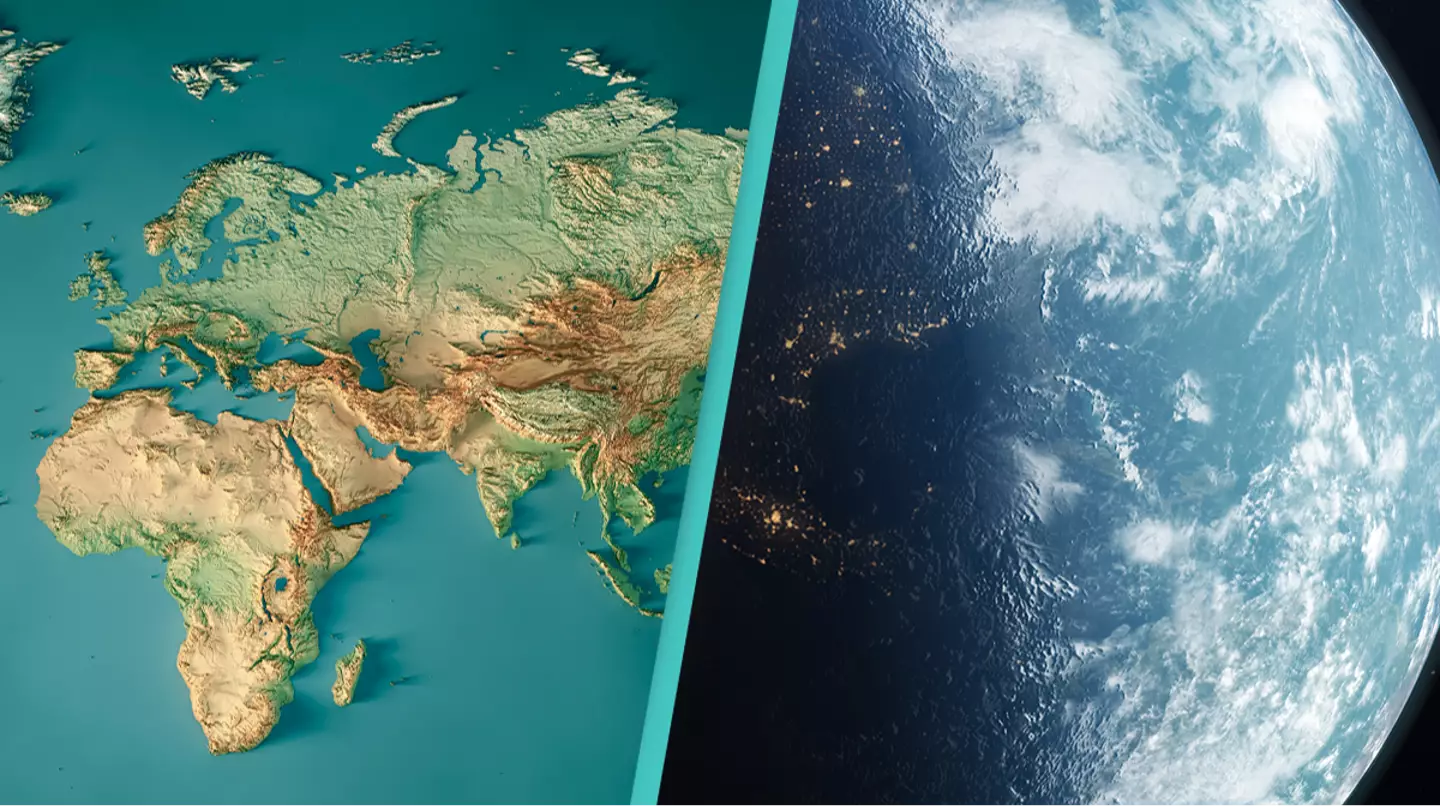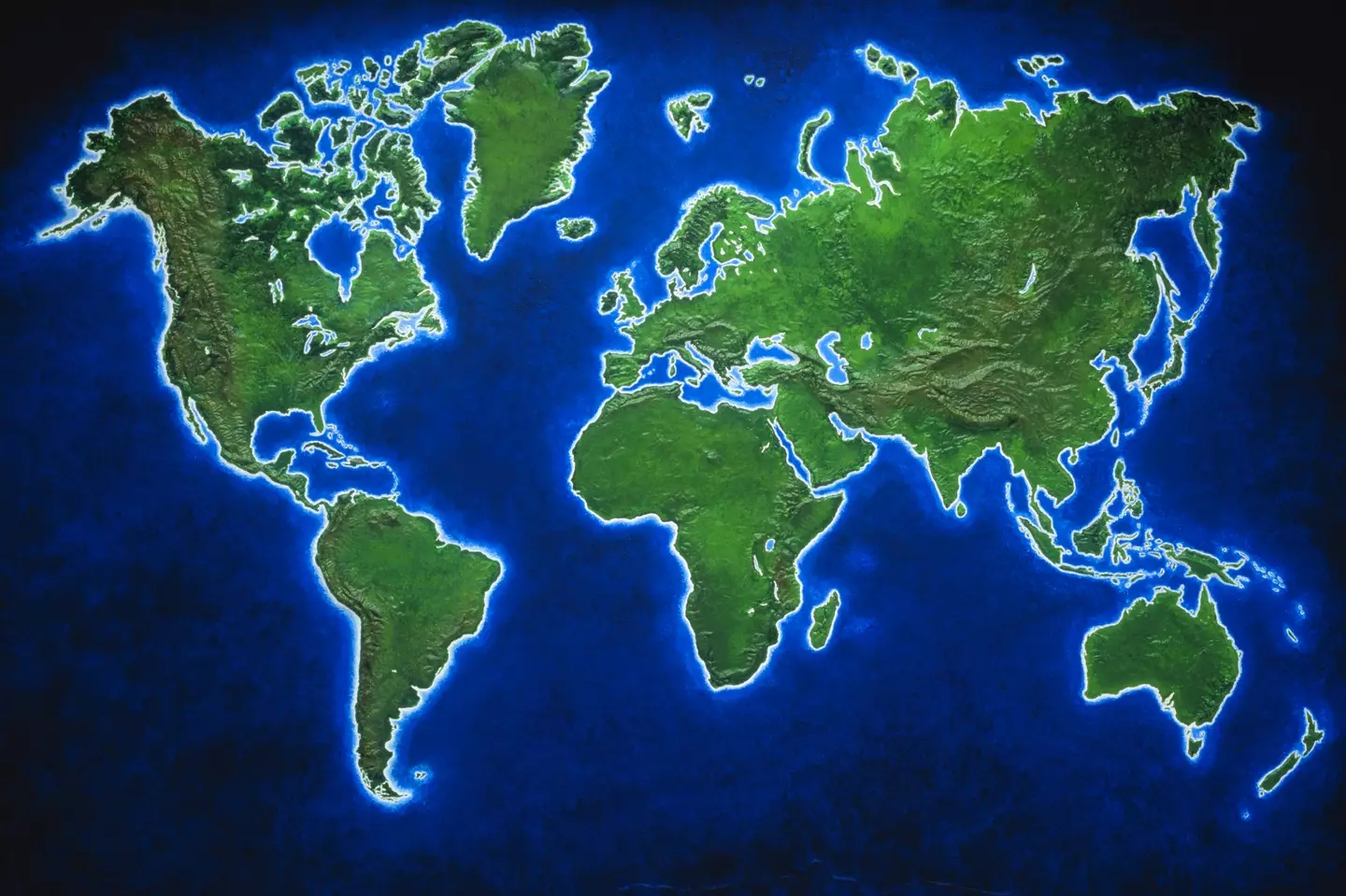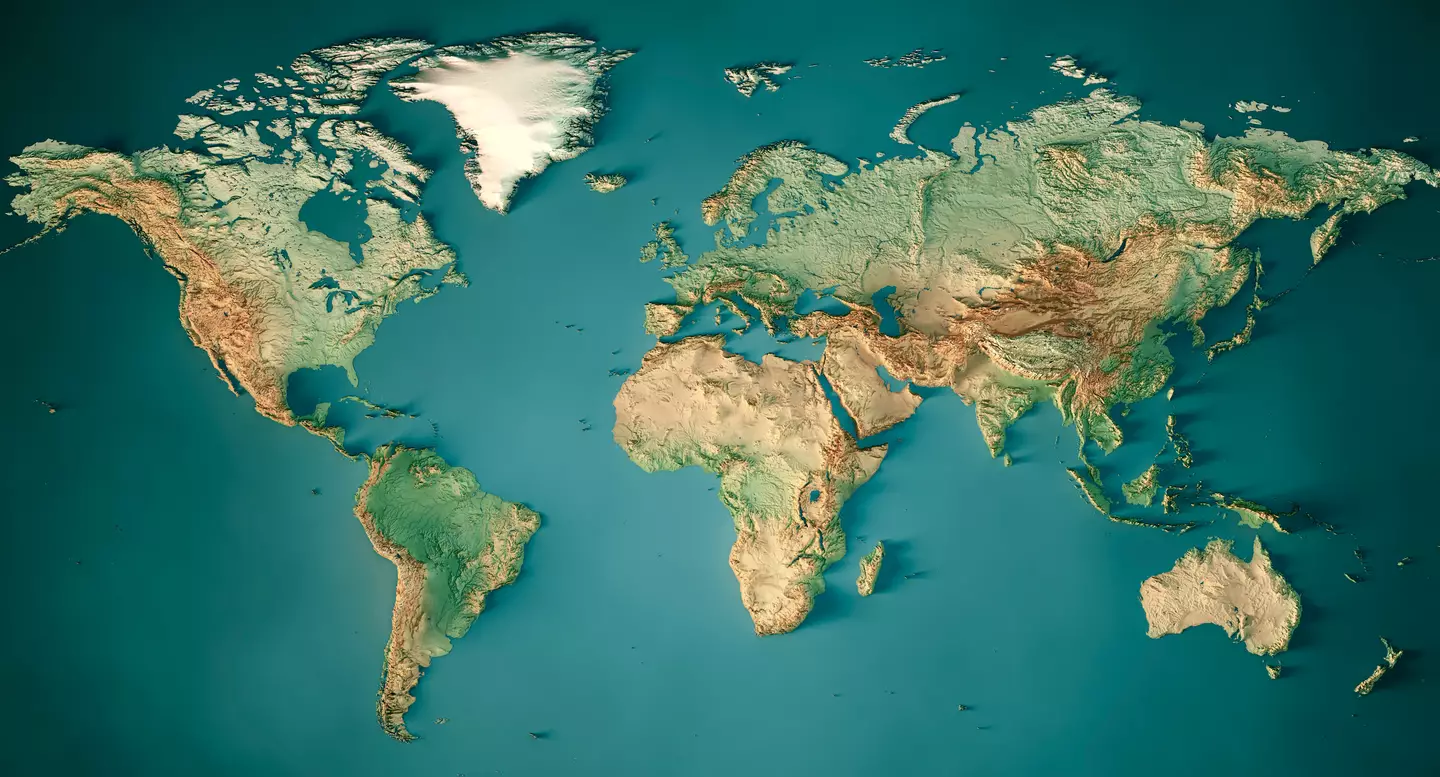
Life in the world is changing all the time, and the geography of the planet is no different as geologists believe they have discovered a continent that was believed to have been lost 155 million years ago.
Prior to the current arrangements of landmasses and continents that we all know today, there once existed supercontinents. Imagine a world where the likes of South America, Africa, Australia were all one place.
It's hard to right? However, that was once the case, but through plate tectonics, these land masses separated and are still moving to this day.

Advert
While scientists have been able to identify many of these large landmasses due to the geological evidence they’ve left behind, Argoland proved to be more difficult to find - until now that is.
Researchers from Utrecht University explained how they found the allusive Argoland in a press release last month about a study they had conducted, that took them a whole seven years - one year for each continent I guess.
“Geologists have long known that around 155 million years ago, a 5000 km long piece of continent broke off western Australia and drifted away. They can see that by the ‘void’ it left behind: a basin hidden deep below the ocean known as the Argo Abyssal Plain,” the release said.
“The underwater feature also lends its name to the newly formed continent: Argoland. The structure of the seafloor shows that this continent must have drifted off to the northwest, and must have ended up where the islands of Southeast Asia are located today."
Eldert Advokaat, one of the authors of the study, explained that Argoland had splintered, and fragments of the continent have been located. They are believed to be beneath the jungles that cover large portions of Indonesia and Myanmar.

“The situation in Southeast Asia is very different from places like Africa and South America, where a continent broke neatly into two pieces. Argoland splintered into many different shards. That obstructed our view of the continent's journey,” he said.
Utrecht University geologist, Douwe van Hinsbergen, also explained why this information is important and can be useful to geologists and researchers now.
“If continents can dive into the mantle and disappear entirely, without leaving a geological trace at the earth’s surface, then we wouldn’t have much of an idea of what the earth could have looked in the geological past,” he said.
“It would be almost impossible to create reliable reconstructions of former supercontinents and the earth’s geography in foregone eras.
“Those reconstructions are vital for our understanding of processes like the evolution of biodiversity and climate, or for finding raw materials.
“And at a more fundamental level: for understanding how mountains are formed or for working out the driving forces behind plate tectonics; two phenomena that are closely related.”
Topics: News, Science, World News, Environment